TPO - Every year, on the 2nd of February (lunar calendar), people in Duong Yen village (Xuan Noi commune, Dong Anh district, Hanoi ) hold a son-in-law selection festival with many unique rituals and folk games to commemorate the merits of female general Le Hoa.
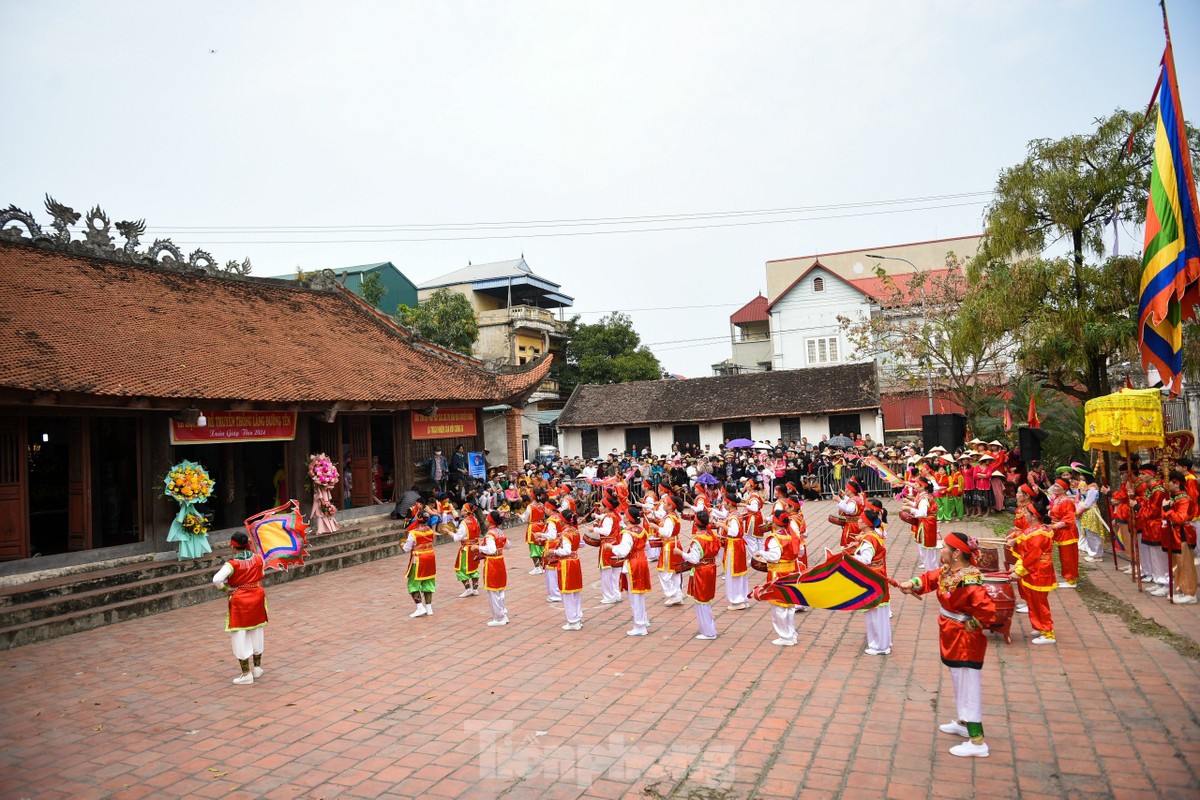 |
| The Duong Yen village son-in-law selection festival (Xuan Noi, Dong Anh) has existed since ancient times, held on the 2nd day of the second lunar month and was restored in 2001 after 60 years of loss, with many rituals and folk games, demonstrating the studious spirit and martial spirit of the nation. |
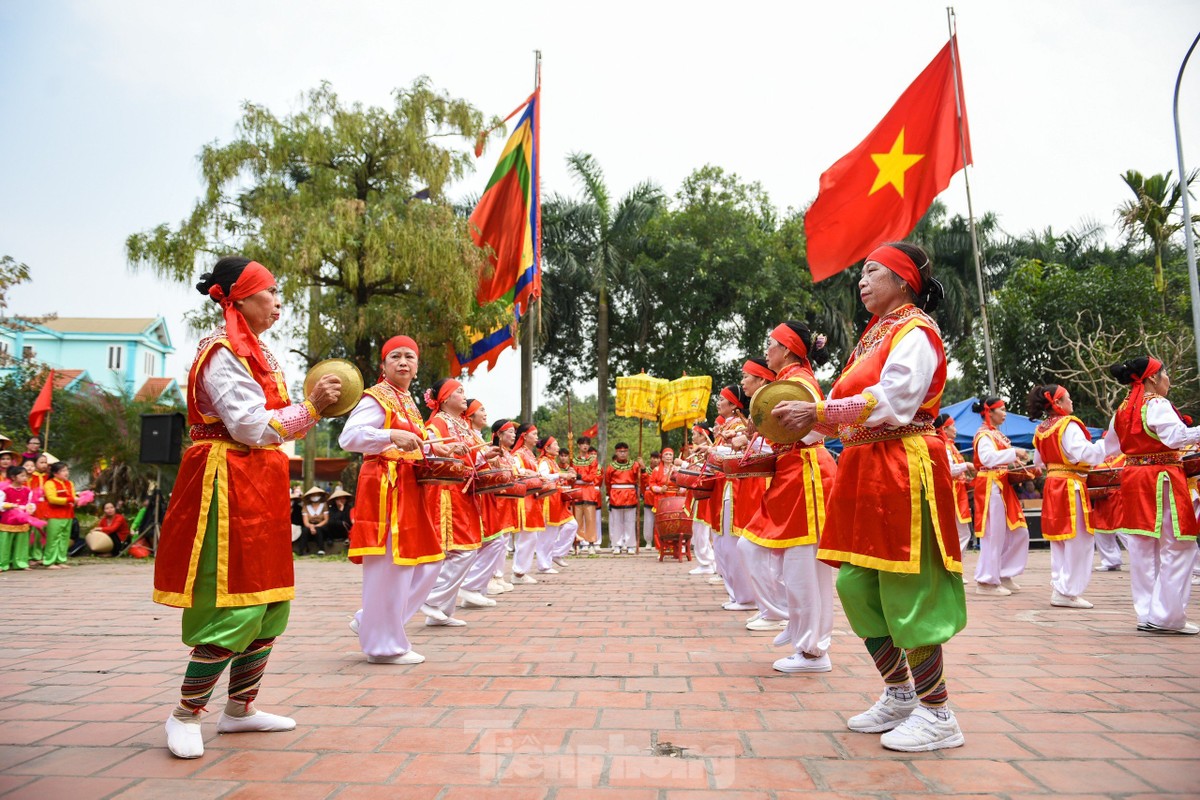 |
| Those chosen to play the main roles in the festival must go through a rigorous selection process. The person playing the role of the Holy Mother, the Mother Goddess, must be beautiful, well-rounded, and come from an exemplary family. |
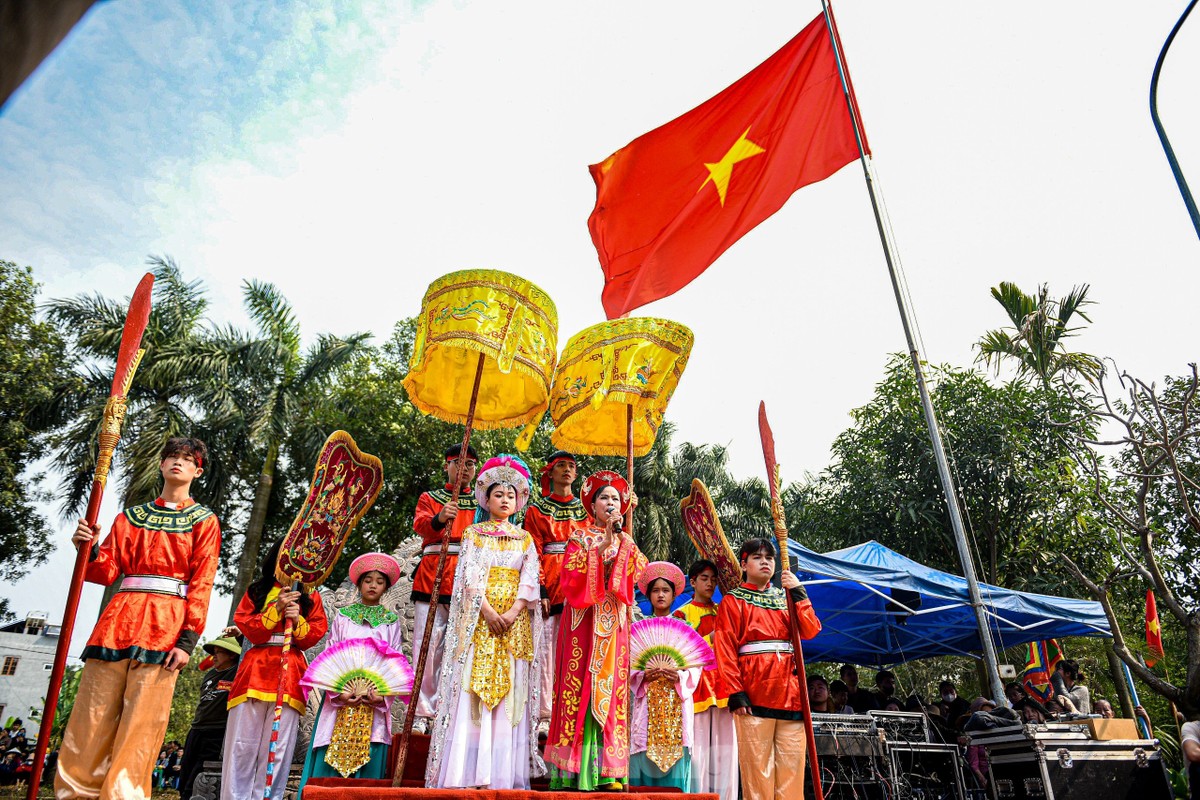 |
| The person who plays the Holy Lady (ie Mrs. Le Hoa) and the two "sons-in-law" (including the Northern and Southern factions) must be young men and women, not yet married, well-educated, and come from well-established families... |
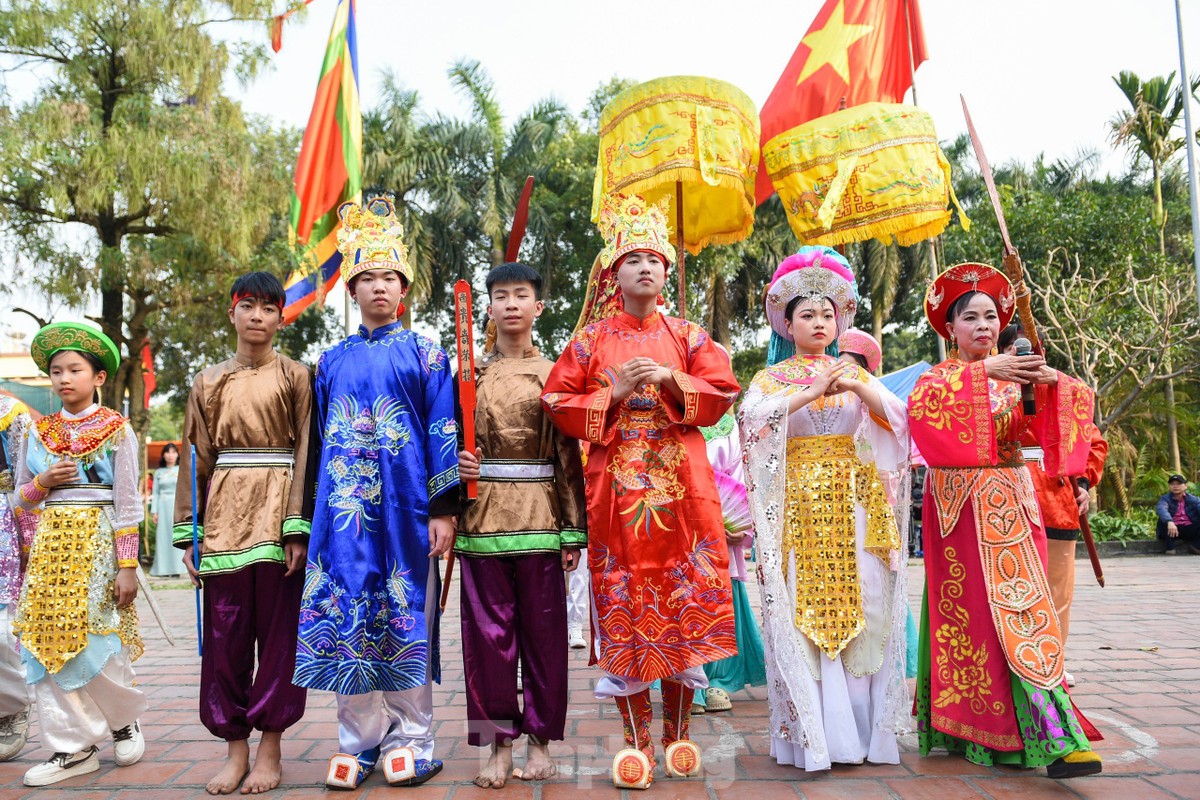 |
| According to folk legends and the communal house's genealogy, Lady Le Hoa was a famous general of the Trung Sisters and was the one who cured the people of Duong Yen village and was honored and worshiped by the villagers. The story goes that when the Trung Sisters raised the flag of uprising to fight the Eastern Han invaders (AD 40-43), in Duong Yen village there was a lady Le Hoa (also known as A Lu), 17-18 years old and still unmarried, who volunteered to follow the Trung Sisters. |
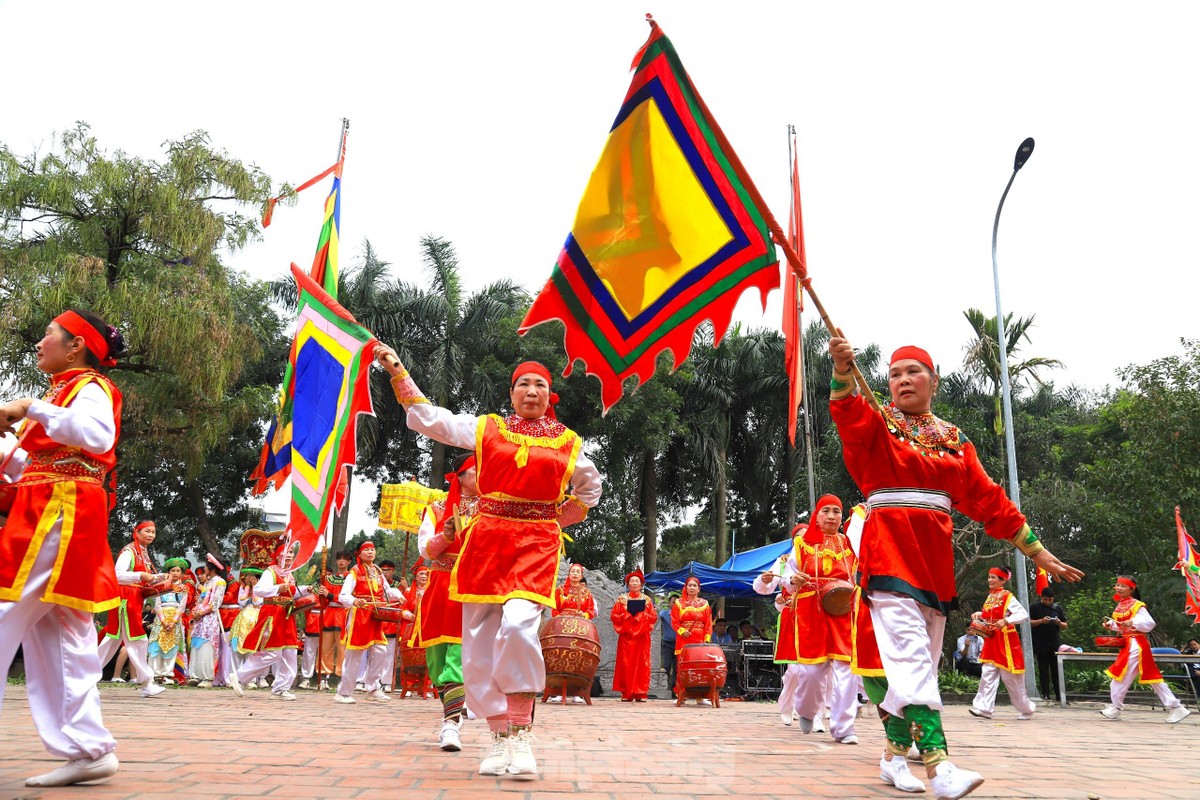 |
| After that, Lady Le Hoa recruited soldiers from various places and returned to Duong Yen to hold a ceremony to honor the troops on the 25th of December. After the Trung Sisters won the battle and ascended to the throne, the two ladies bestowed upon Lady Le Hoa the titles of “Nu su anh phong” and “Tue tinh phu nhan”. |
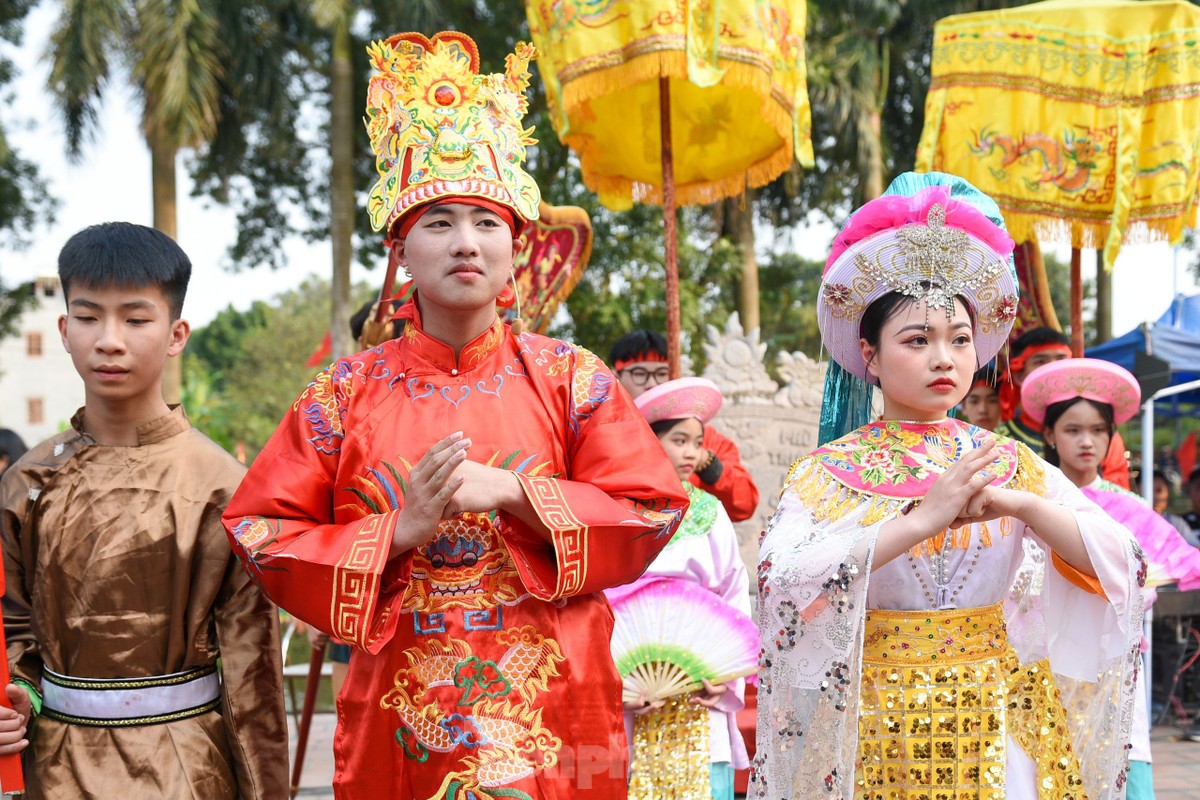 |
| When the country was at peace, Mrs. Le Hoa returned to Duong Yen village to pay respect to her ancestors and "put away her sword and returned to her gentle state". Because she was a female general, when the country was no longer in the midst of war, she had to fulfill her duty as a daughter and get married. And the "son-in-law selection" festival was born from that. |
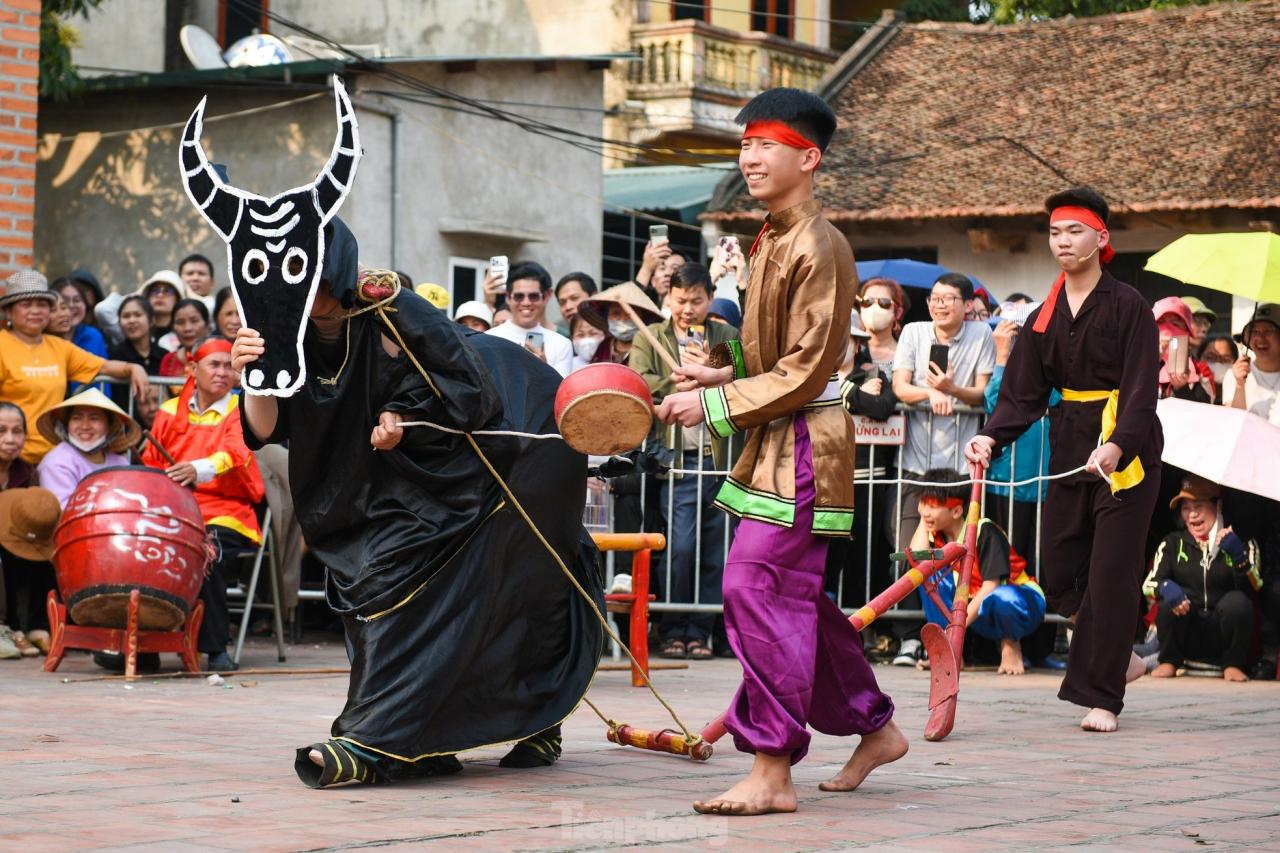 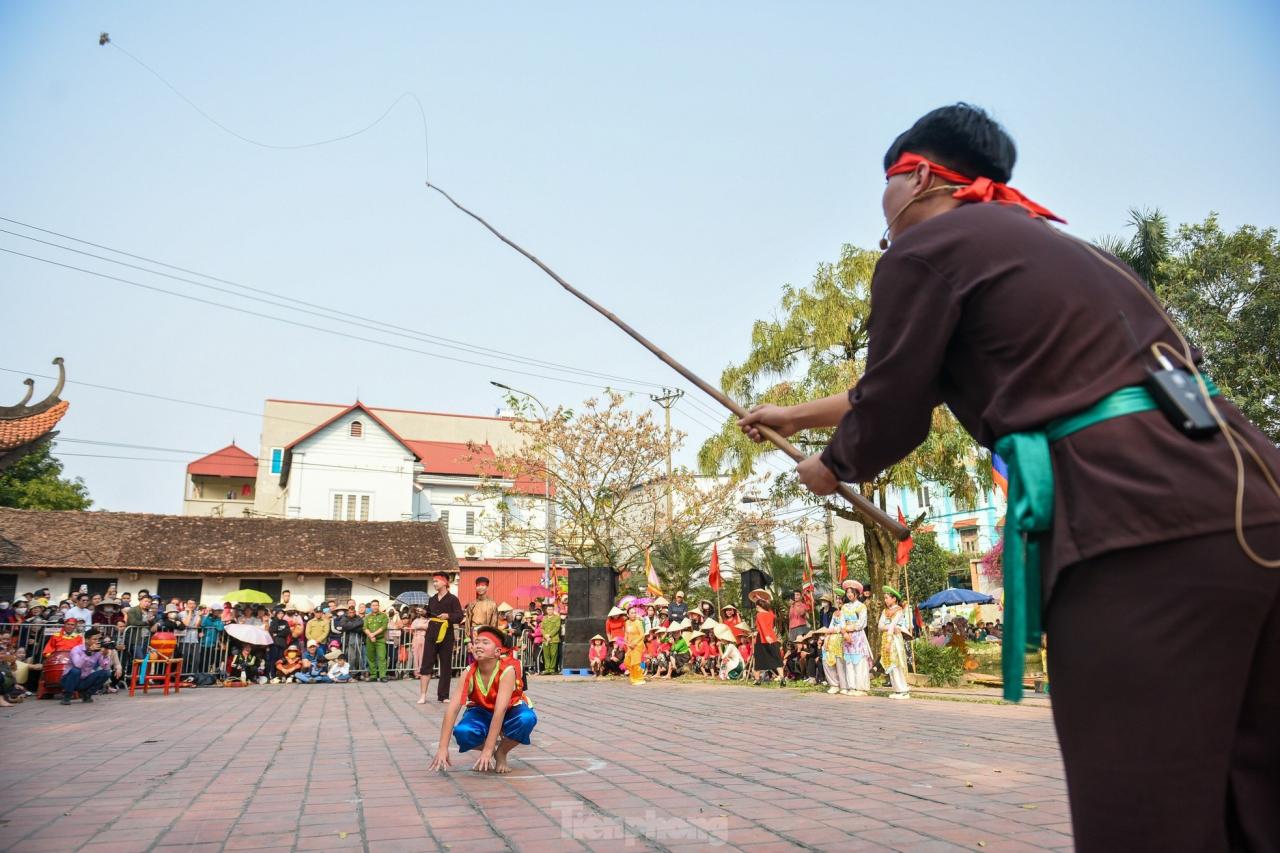 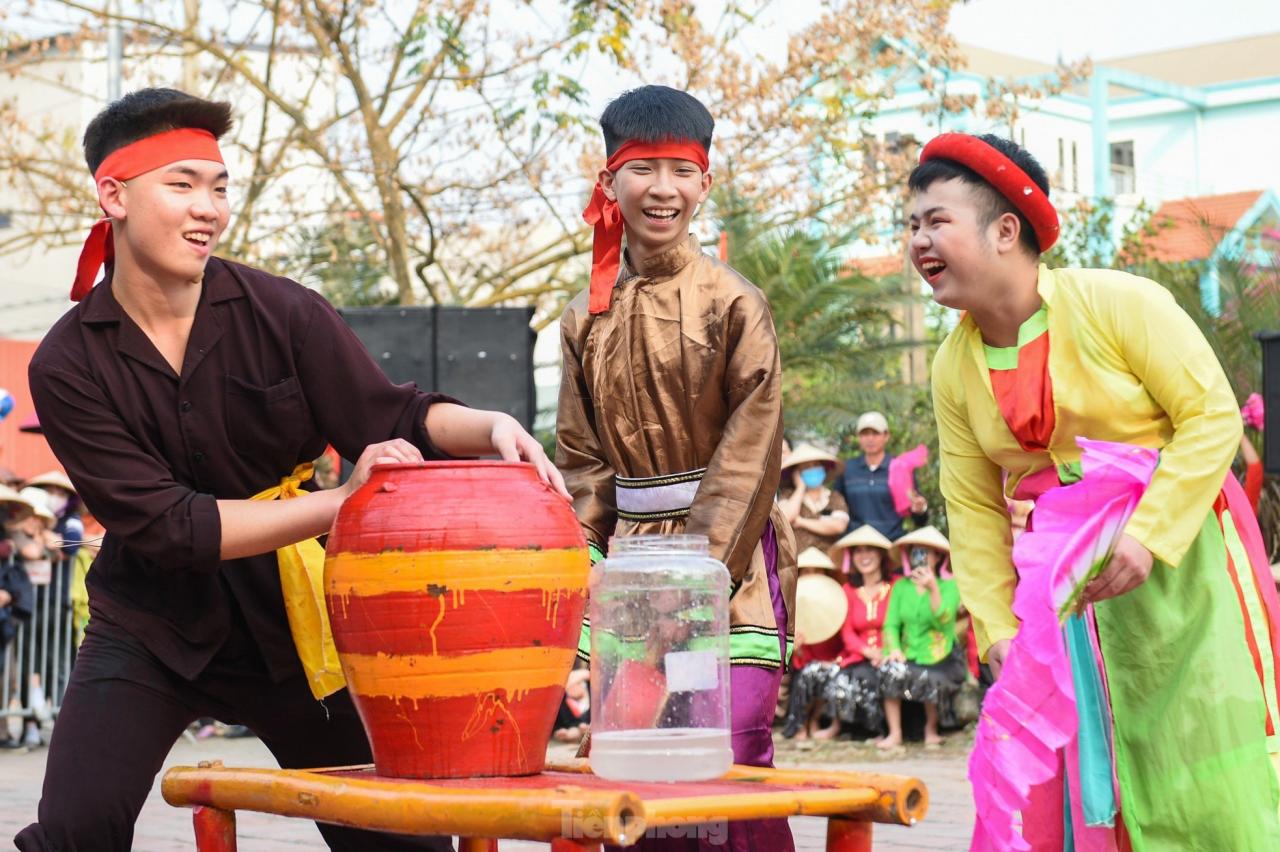 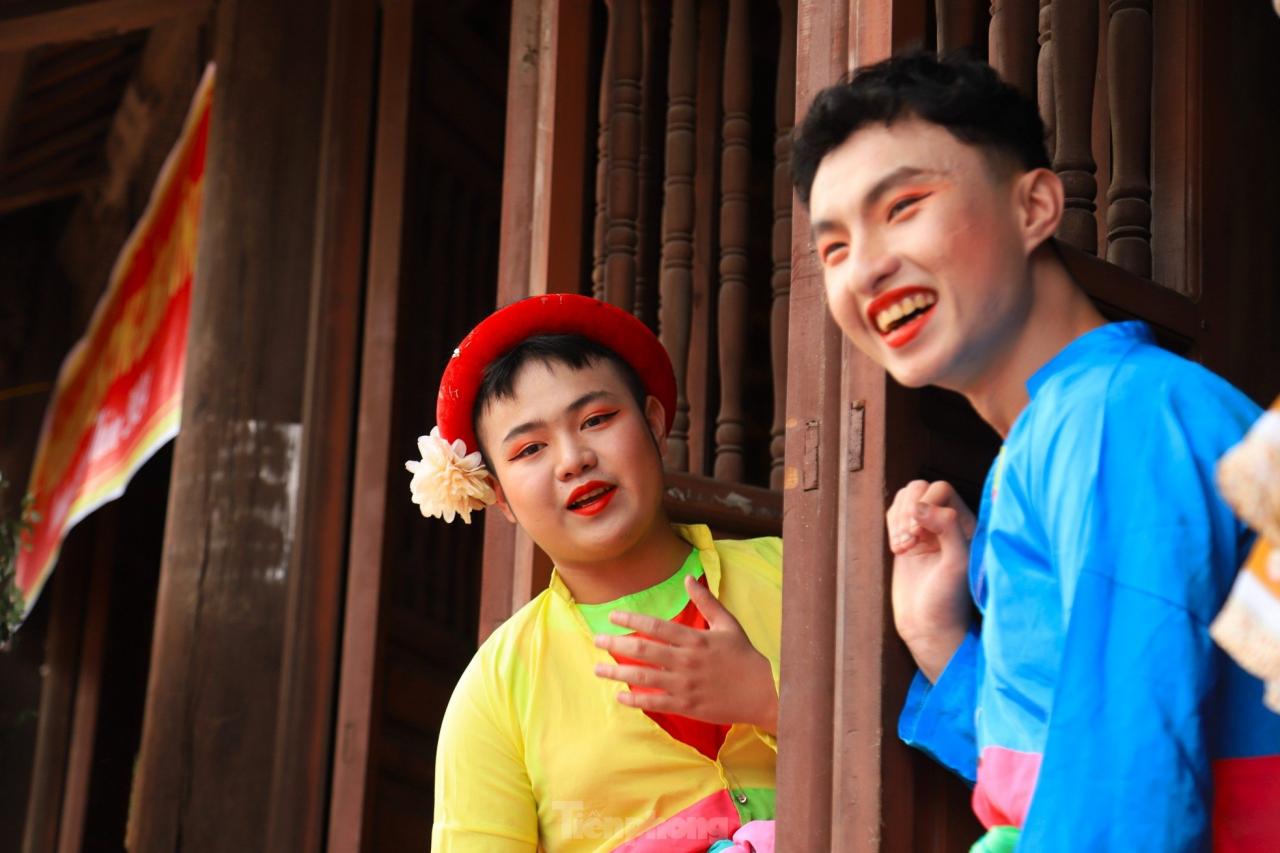 |
| The festival has competitions in which the groom-choosing ceremony recreates the daily work of the rice-growing people. The “grooms” must go through difficult competitions such as plowing, planting, fishing… from the competitions, the judges score to find the winner, the villagers organize dances and songs to celebrate the couple’s marriage. |
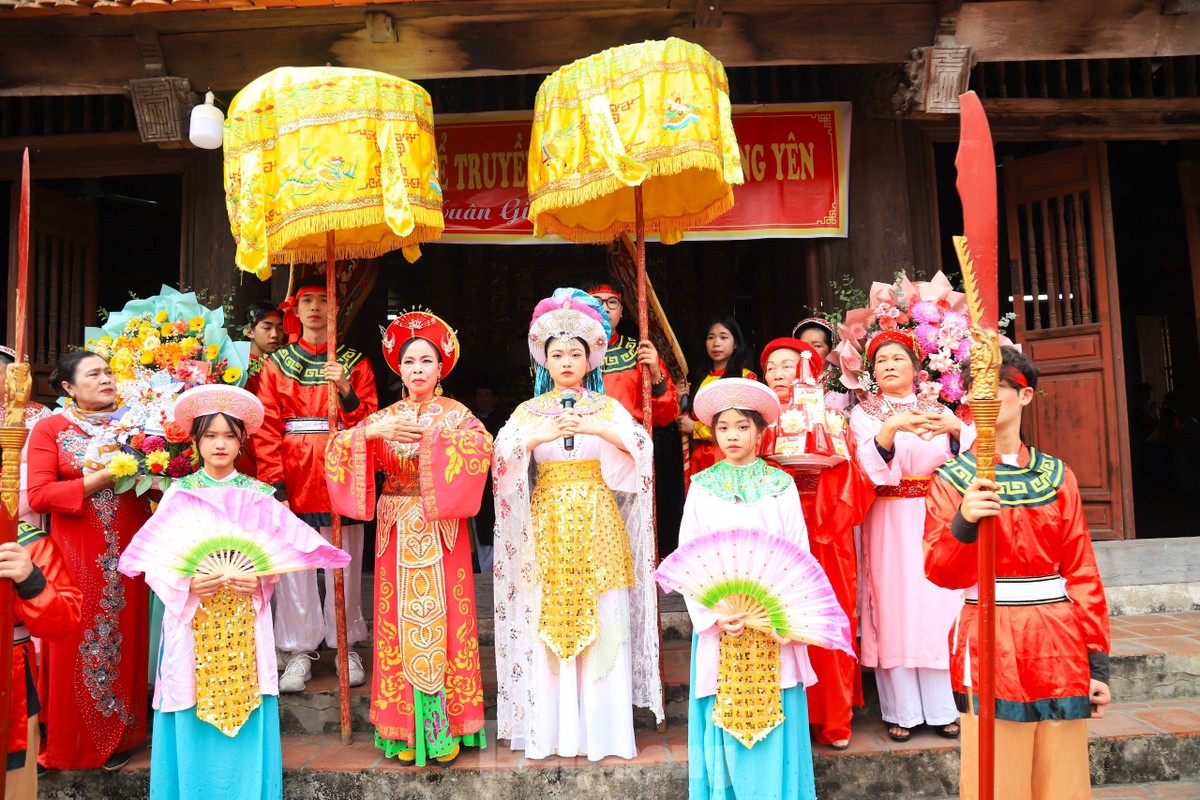 |
| At the end of the competition, the winner and the female general will have a ceremony to return home to pay their respects to their ancestors. At the same time, the villagers will organize a dance and sing to celebrate the beautiful couple's marriage. |







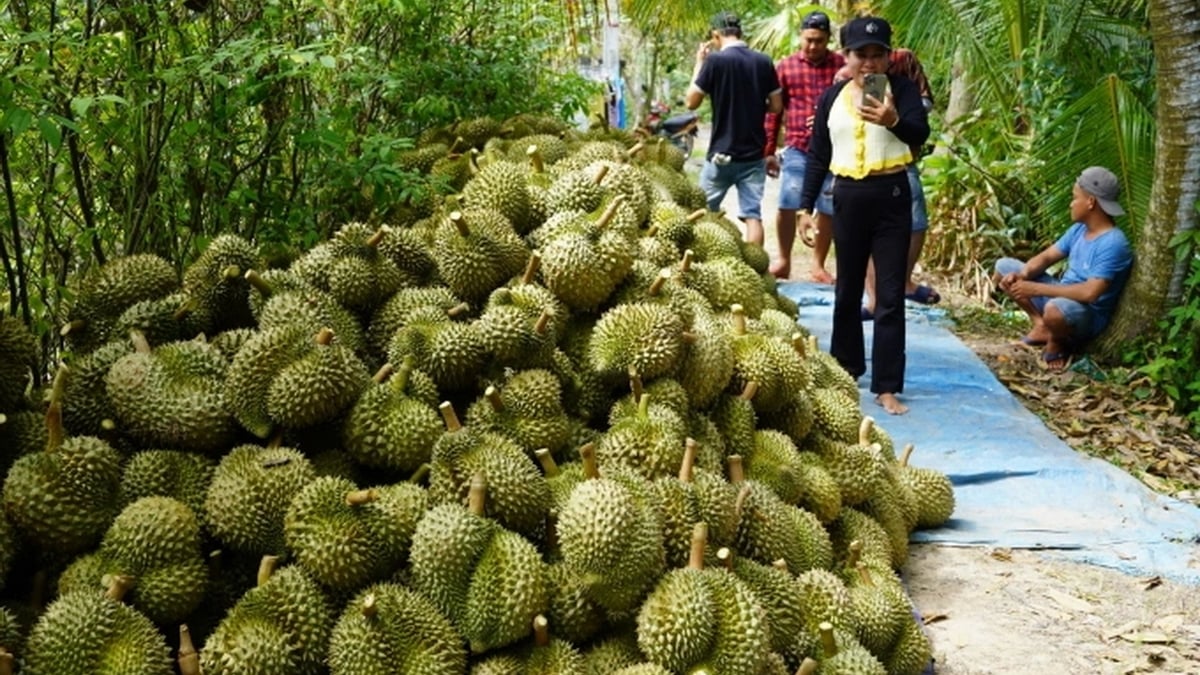
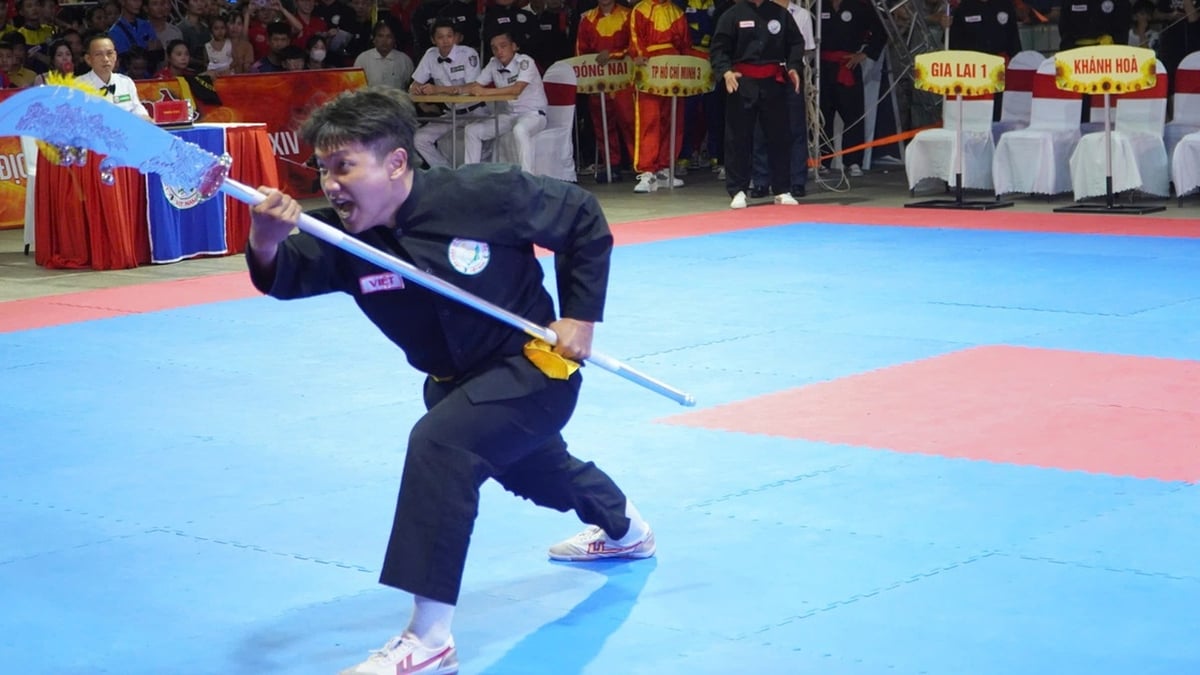

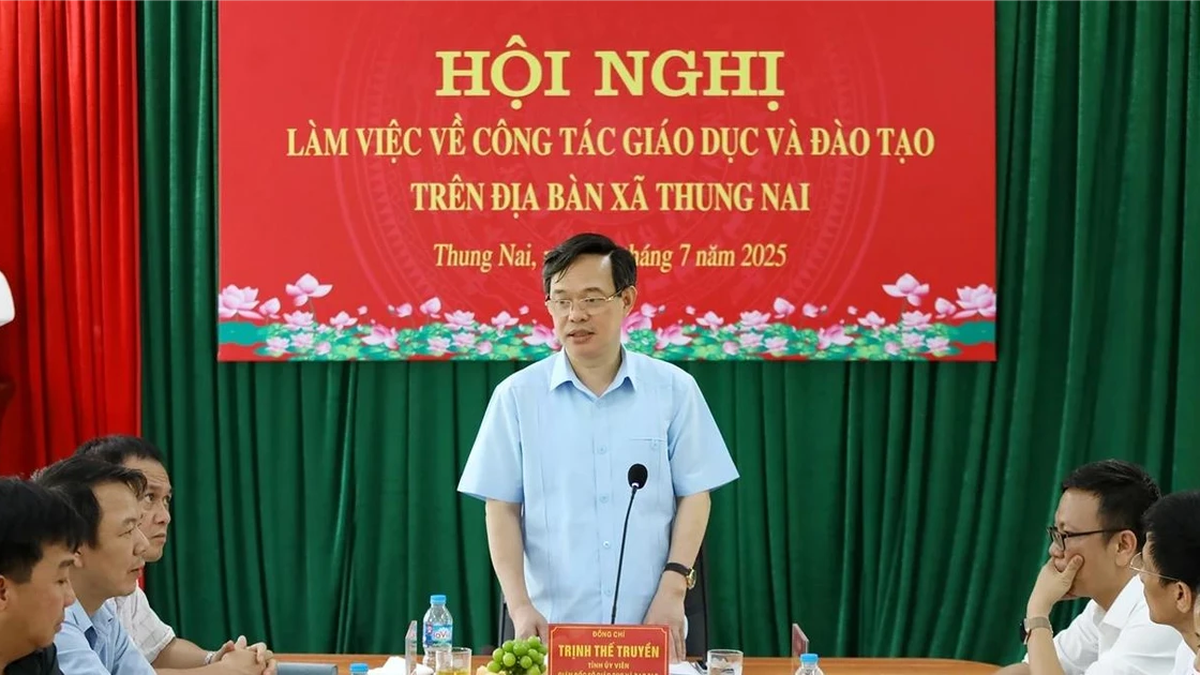




































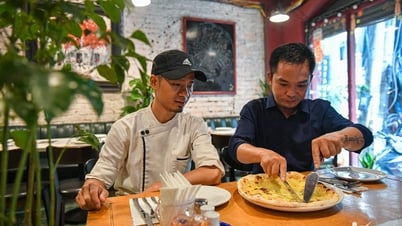






![[Maritime News] Two Evergreen ships in a row: More than 50 containers fell into the sea](https://vphoto.vietnam.vn/thumb/402x226/vietnam/resource/IMAGE/2025/8/4/7c4aab5ced9d4b0e893092ffc2be8327)












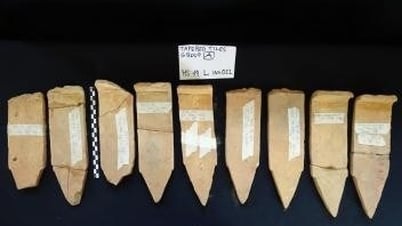







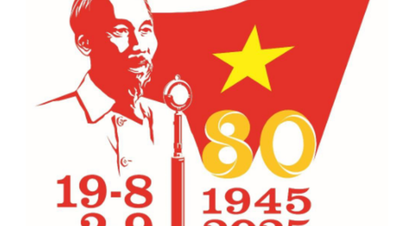

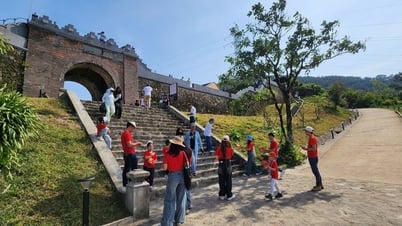

















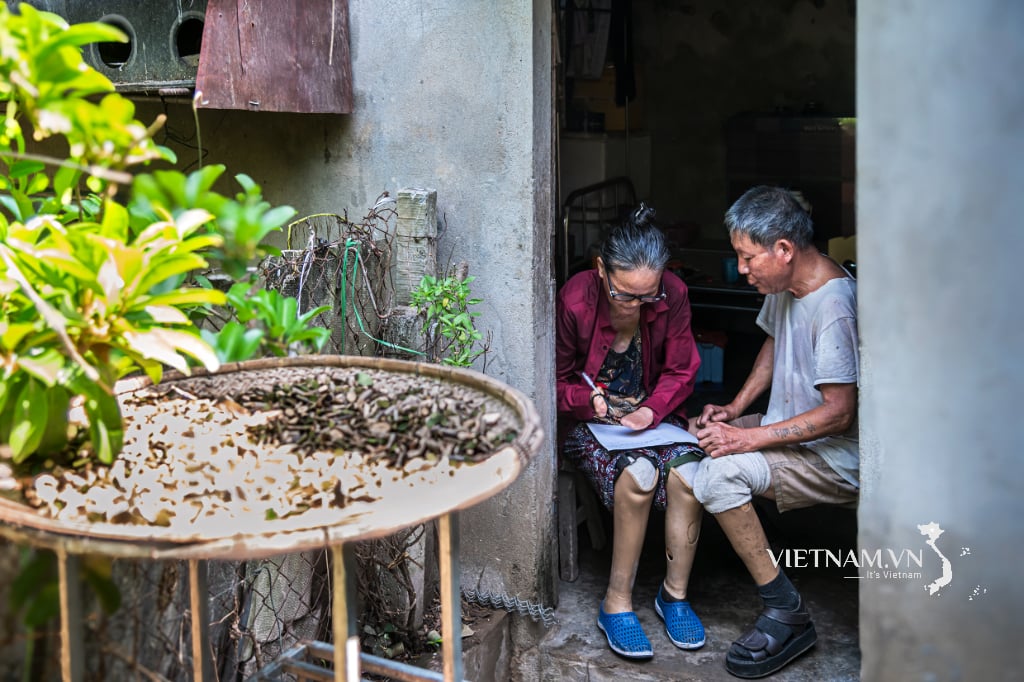
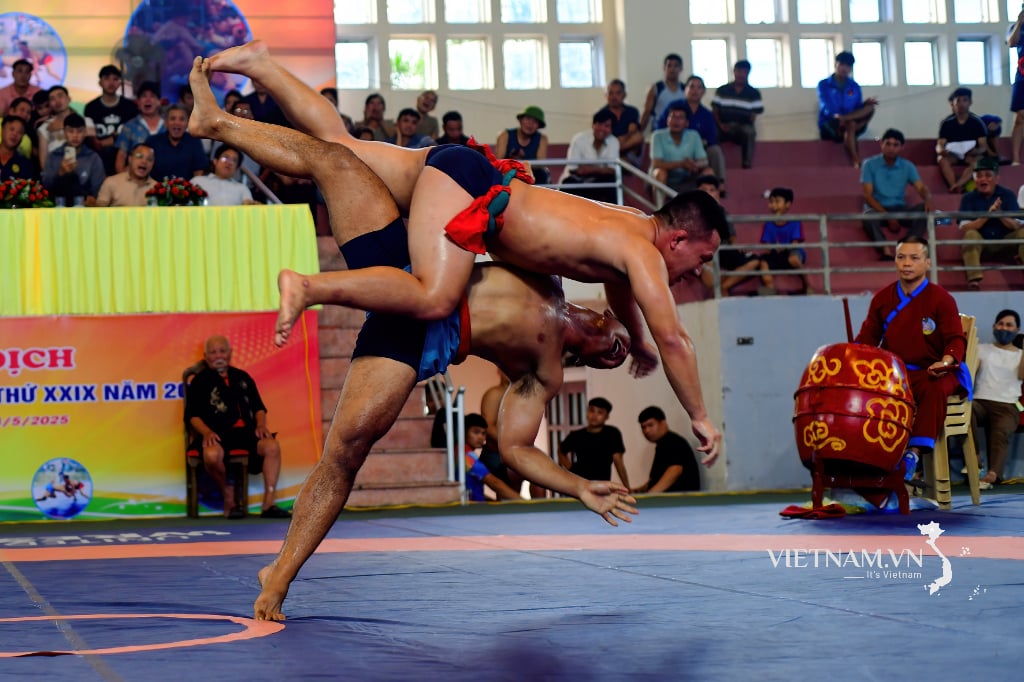
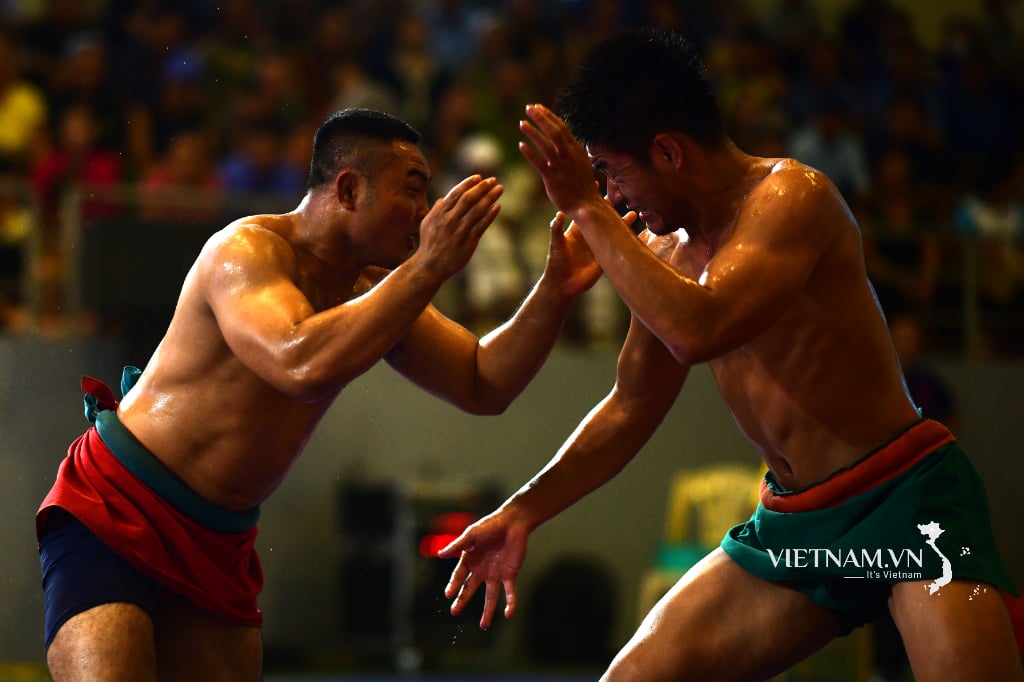

Comment (0)